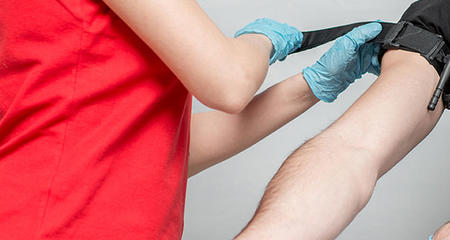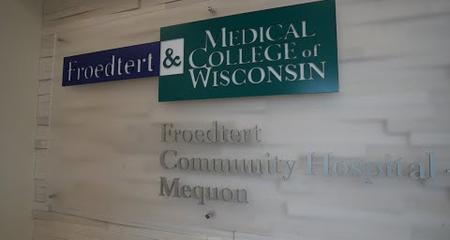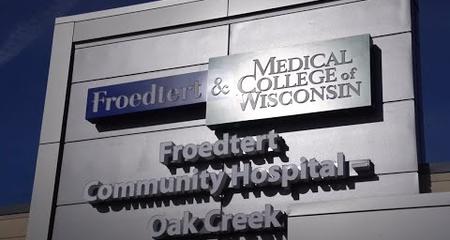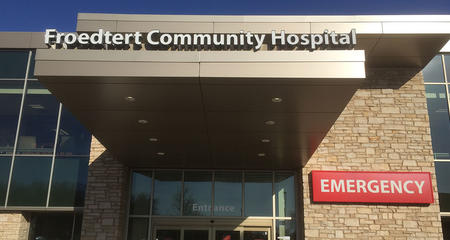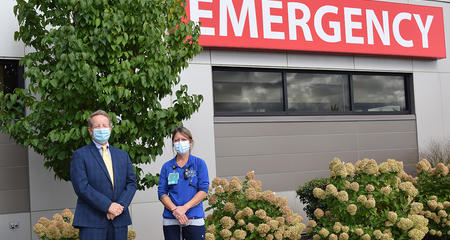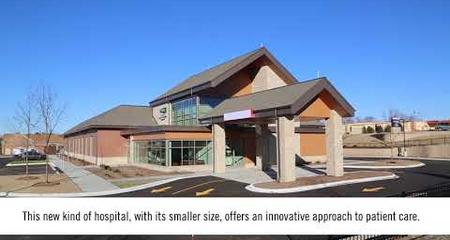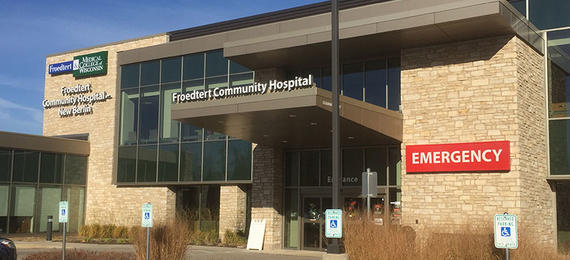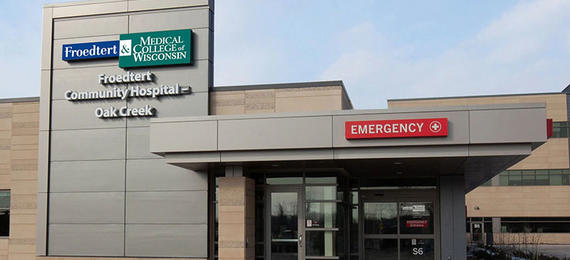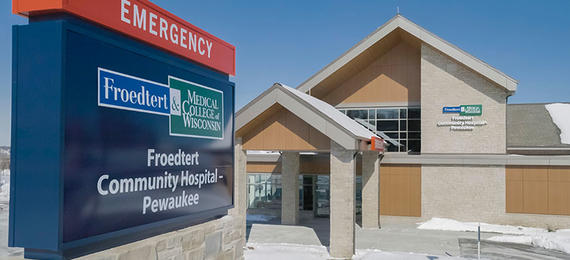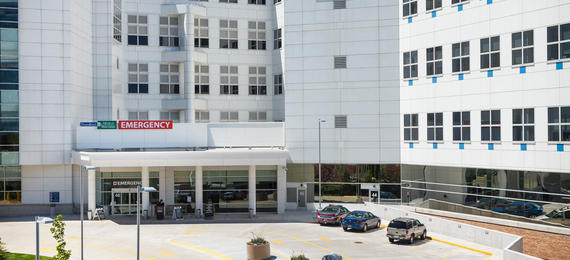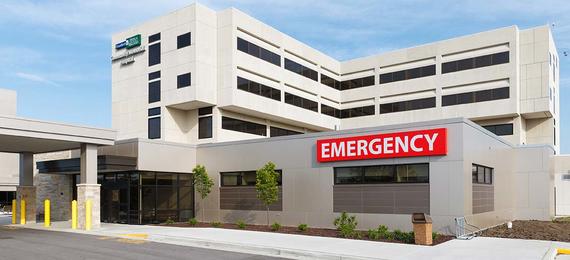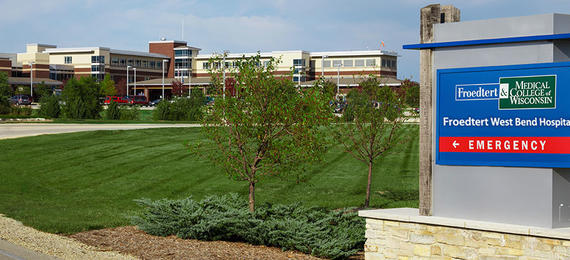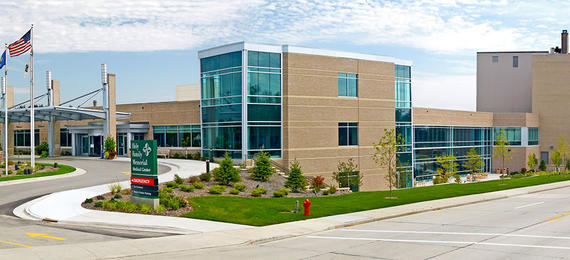You just twisted your ankle. Your child is complaining of a sore throat. Your spouse suddenly has chest pain.
Knowing the warning signs of a medical emergency and when to seek emergency care can save lives!
Seven Warning Signs of a Medical Emergency
A medical emergency is any condition that, if left untreated, could cause severe harm or even death. Getting immediate help can mean the difference between a relatively simple cure or treatment and a more complicated and costly intervention. Each year in the United States more than a half million people die because they don’t seek emergency care soon enough after a heart attack, stroke, or other life-threatening situation. Know the seven signs of a medical emergency best treated in an emergency room:
- Sudden or severe pain, including chest pain
- Difficulty breathing or shortness of breath
- Sudden confusion or disorientation
- Coughing or vomiting blood, severe or persistent vomiting or diarrhea
- Uncontrolled bleeding of any kind
- Headache with stiff neck or fever
- Sudden dizziness, weakness, numbness, or change in vision
Heart Attack Symptoms
If you think you or someone else is having a heart attack, call 911 right away. Here is a list of heart attack symptoms and what to do while you wait for help.
Recognize Stroke Symptoms and B.E. F.A.S.T
Balance: Sudden loss of coordination or balance
Eyes: Sudden change in vision
Face: Weakness on one side or facial droop
Arm or leg: Weakness or numbness
Speech difficulty: Slurred or trouble understanding speech
Terrible headache: Sudden onset
If you or someone you know have sudden onset of any of these symptoms, call 911 right away.
Still not sure if you should call 911?
- Is the patient’s condition life-threatening?
- Could the patient’s condition worsen and become life-threatening on the way to the hospital?
- Could moving the patient cause further injury?
- Does the patient require the skills or equipment of emergency personnel?
- Could distance or traffic conditions cause a delay in getting the patient to the hospital?
If the answer to any of these questions is “yes” or if you are unsure, it’s best to call 911.
For minor injuries and illnesses, call your primary care doctor or consider one of our walk-in or urgent care locations or our Virtual Clinic.
High-Caliber Emergency Departments
-
HIV Screening in Our Emergency Departments
Based on the most current recommendations from the Centers for Disease Control and Prevention, our emergency departments screen emergency patients ages 18 to 64 for HIV if they are having blood work done. You can decide if you do not want to be tested for HIV. You will receive care and treatment no matter what you choose.
Test results may be available while you are in the Emergency Department. If you leave before your test results are available, they will be available in the Froedtert & MCW app and MyChart. You may be contacted by a member of your care team if you need follow-up testing or care.
Our HIV Care and Prevention Program is here to help answer questions about your HIV test after you leave the Emergency Department. You can reach them at 414-805-6444.
Blogs, Patient Stories, Videos and Classes
